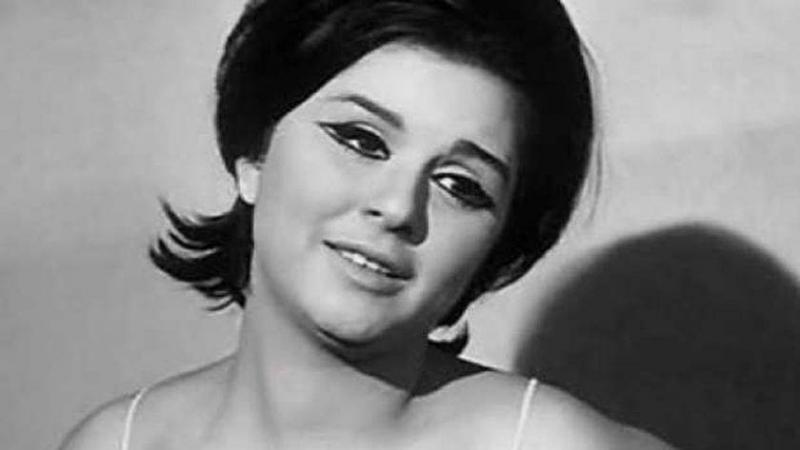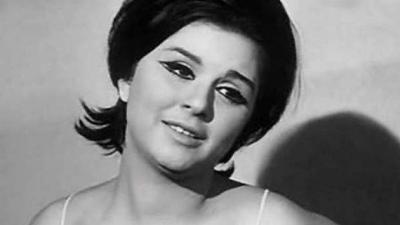Today marks the birthday anniversary of the Cinderella of Egyptian cinema, Souad Hosny, who captured the hearts of her fans and expressed the problems, concerns, thoughts, and dreams of all layers of the Egyptian society, including the aristocracy, peasants, workers, university women, and married women in her many films. Here are some key facts about her on this occasion:
- Souad was born on January 26, 1943, in the Boulaq neighborhood of Cairo.
- Her father, the Syrian calligrapher Mohamed Hosni El-Baba (Al-Babani), has Kurdish roots and emigrated from Syria to Egypt, where he decorated the Kaaba's cover while working in the Saudi royal palace. He is considered one of the most famous calligraphers in Jaffa and among the prominent Arab calligraphers. King Farouk invited him to manage the Royal Calligraphy Improvement School located at Khalil Agha Secondary School in Abbassia.
- Her grandfather was the Syrian singer Hosni El-Baba, and her brother was the comedic actor Anwar El-Baba, who was famous for portraying the character "Um Kamel," playing the role of a Levantine woman better than the woman herself.
- Souad Hosny's career in cinema includes 91 films, many of which are landmark films in the history of Egyptian cinema. Eight of these films were selected for the list of the top 100 Egyptian films of all time. Some of her most famous films include "Keep an Eye on Zuzu," "Too Young for Love," "Karnak," "The Second Wife," "The Groom Arrives Tomorrow," "The Headmistress," "The Suspect," "For Men Only," "Love in the Cell," "The Choice," "On Whom to Fire," "Dear Ambassador," "Stranger in My Home," "A Bird in the East," and many others that achieved great commercial success.
- Her last work was a radio poetry piece titled "Ajabi," from the quartets of Salah Jahin, which she recorded for BBC Arabic Radio in London, along with presenting the poem "Al-Makhnagi" by Salah Jahin in support of the Palestinian people during the Al-Aqsa Intifada.
- She starred in historical films, including "Al-Qadisiyyah," directed by Salah Abu Seif, which narrated the story of the Battle of Al-Qadisiyyah in detail.
- Souad was married to photographer and director Salah Kareem for about two years before they divorced in 1968. She then married Ali Badrehan, the son of director Ahmed Badrehan, in 1970, and their marriage lasted for eleven years until they separated in 1981. The same year, she married Zaki Fatin Abdul Wahab, the son of Leila Murad, who was then a final-year student in the directing department at the Film Institute, but they divorced just a few months later due to opposition from Fatin's mother.
- Her last marriage was in 1987 to screenwriter Maher Awwad, and they spent fourteen years together. She did not have children from any of her marriages, despite multiple pregnancies with Ali Badrehan, which ended in miscarriage due to the pressure she faced during her work.
- Despite the numerous roles Souad Hosny excelled in on the silver screen, her exceptional portrayal of the Egyptian peasant remains one of her finest performances. She played the role of the Egyptian peasant in several artistic works, the first being the film "Hassan and Naima," which marked her rise to stardom, peaking in the film "The Second Wife," where she was the most beautiful peasant known on the cinema screen.




